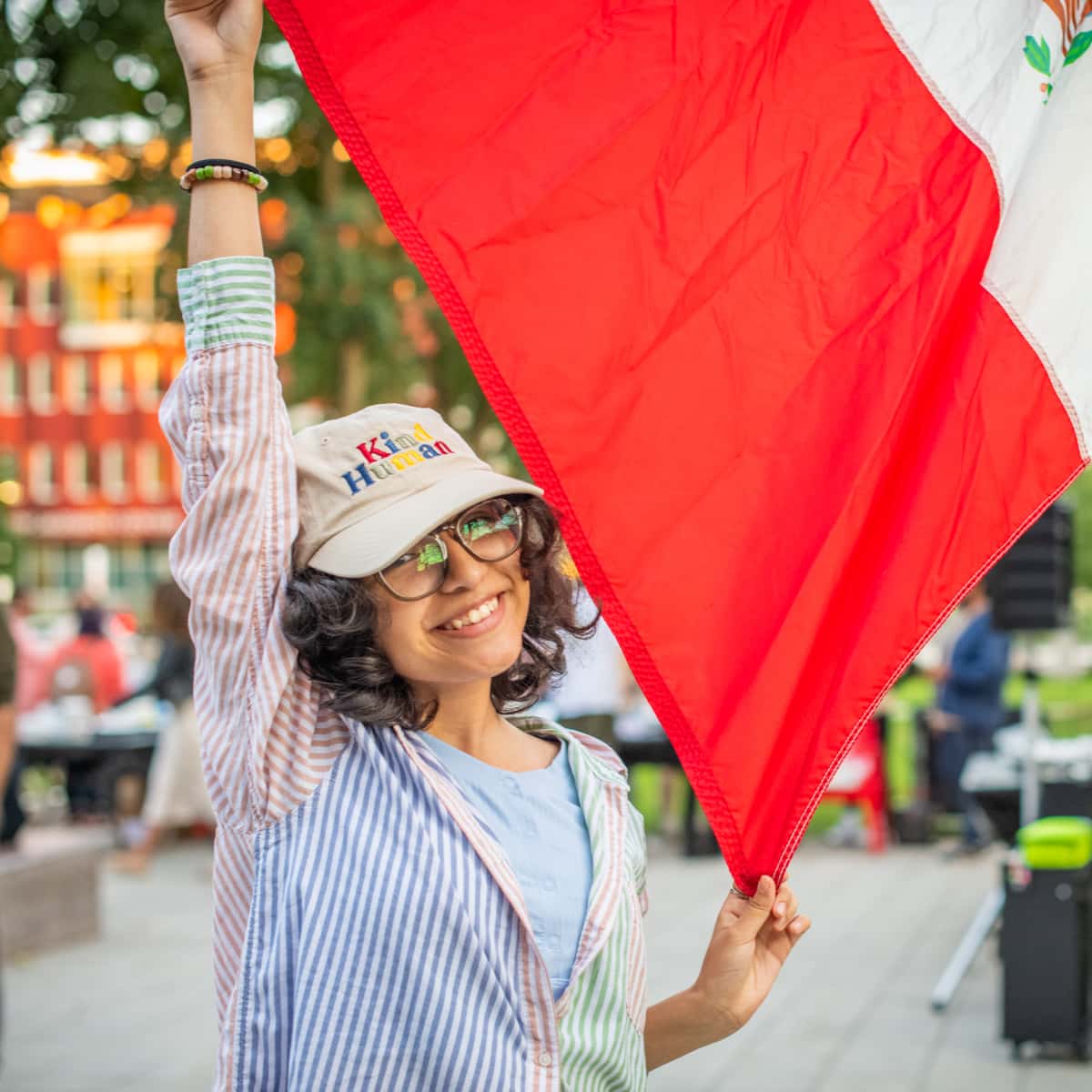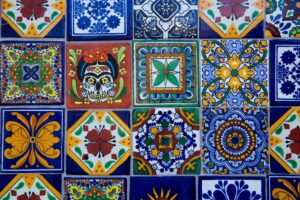From Latin America to Europe, from Worcester to New York City, from Miami to San Antonio to Los Angeles, Spanish is one of the most widely spoken languages in the world. It is essential for business — not to mention politics, education, and culture. By studying Spanish you’ll learn about the people and traditions behind the language.


Why Study Spanish at Clark?
- Build core skills of linguistic and cultural competencies that will enable you to live and work in a Spanish-speaking country or community after graduation.
- Learn from faculty members who are native speakers or fully bilingual, and who actively conduct research on diverse aspects of Spanish culture, from contemporary poetics and Puerto Rican identity politics to sexuality and gender studies.
- Engage with Worcester’s rich Hispanic community by participating in courses that connect with local organizations serving the population, studying films at the local Latino Film Festival, or interacting with Hispanic political activists.
- Apply
- Request Info
Are you ready to take the first step?
Sign up to receive information on academics, student life, and the undergraduate admissions process.
Featured Courses

Women in Hispanic Literature & Art
Consider topics like identity formation, sexuality, education, self-representation, and others as you delve into works of literature, film, and painting created by female artists from Spain and Latin America.

Studies in Spanish Cinema
Hone your Spanish while exploring Spanish films of the past 25 years in the context of political and social change in Spain, and consider how cultural ideologies and identities are formulated in this medium.

Hispanic Literature of Political Commitment
In this course, conducted in Spanish, you’ll read and reflect on the work of Spanish-language poets, writers, and playwrights, on both sides of the Atlantic, during times of 20th-century revolutionary change.
A total of nine courses are required to complete the Spanish major, including The National Imagination, which explores and critiques how national languages have been used to build and promote cultural continuity and identity through texts, films, and documentaries. Also required are Readings in Hispanic Literatures and Advanced Oral and Written Spanish. A study abroad experience in a Spanish-speaking country is strongly encouraged, and a maximum of four literature or culture courses taken during that time can count toward the nine courses.
As you begin to study Spanish at Clark, you’ll focus on building the core skills of linguistic and cultural competencies. If you’re a native Spanish speaker, you’ll be placed directly into Hispanic literature or culture courses. After you declare your major, an adviser will work with you to discuss and approve related courses and help identify areas of special interest to you. In your senior year, a capstone course will bring together all you’ve learned.
At Clark you’ll get more than a great education; you’ll also be prepared for a long, productive career and life of consequence. And once you’ve completed your degree, you can join other Clark alumni who have gone on to work for great organizations and attend some of the best graduate schools in the world. The following communities may be of interest:
Government, International Affairs, and Law
Non-Profit, Human Services, and Education
World Language Department Chairperson
Worcester Academy, Worcester, Mass.
Political Military Affairs Officer
U.S. Consulate General, Jerusalem, Israel
International Development Coordinator
Adelante Foundation, Honduras
Director of International Programs
Service of Peace
Community Program Director
YMCA of the Greater Twin Cities
The Clark Experience
The Clark Experience brings together the exceptional education you’ll receive in the classroom and so much more. Through focus and flexibility, it ensures you’ll leave Clark with the creativity, confidence, and resilience to succeed and lead a life of meaning and consequence.
Frequently Asked Questions
What can I do with a major in Spanish?
At Clark you’ll get more than a great education; you’ll also be prepared for a long, productive career and life of consequence. And once you’ve completed your degree, you can join other Clark alumni who have gone on to work for great organizations and attend some of the best graduate schools in the world.
What skills will I learn?
- Intellectual and practical skills, like the power to communicate fluently in written and oral Spanish, the skill set to translate and interpret between Spanish and English speakers, and the capacity to interact in a culturally sensitive manner.
- Ability to integrate knowledge about Hispanic language and cultures, which lets students provide arguments to justify their interpretations of Hispanic cultural and social issues, as well as the multiple meanings of Spanish literary and artistic works.
- Personal and social responsibility, which provides students with the knowledge to become actively involved in the Hispanic communities of Worcester, the nation, and the world — through internships, independent research, and other academic initiatives.
Can I earn an academic achievement award in Spanish?
Theodore and Phyllis Barbera Award for Excellence in Spanish
The Theodore and Phyllis Barbera Award for Excellence in Spanish is awarded to an outstanding senior in Spanish studies.
Is there a Spanish honors program?
During your junior year, you might be accepted into the Spanish honors program. Joining the program means you’ll work closely with a professor to create a thesis on a topic of your choice. Examples of recent honors theses topics are:
- “La Historia Que Se Repite: La Nacion Violenta (Argentina y Mexico)” or “History that Repeats Itself (Argentina and Mexico)”
- “La representación de la mujer en la literatura chilena contemporánea” or “Representations of Femininity in Contemporary Chilean Literature”
- “Interpretación de la ficción breve de Borges” or “An Interpretation of Borges’ Short Fiction”
Be a force for change.
Come study at a small research university with a strong liberal arts core.

